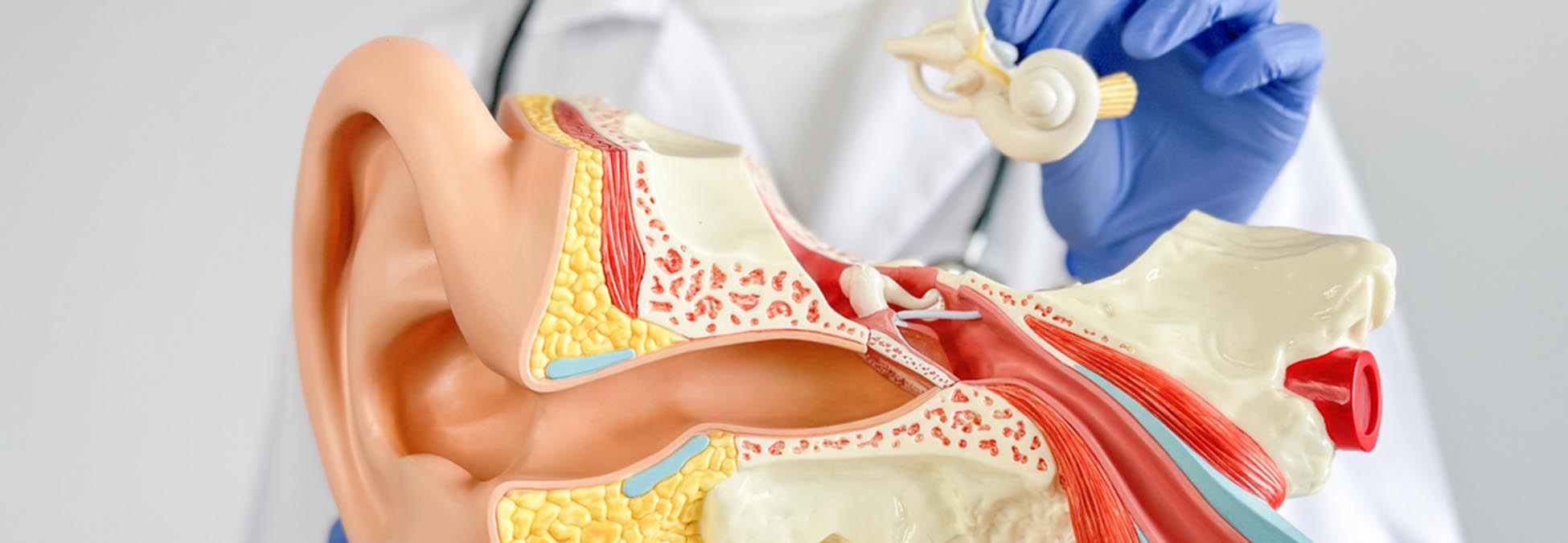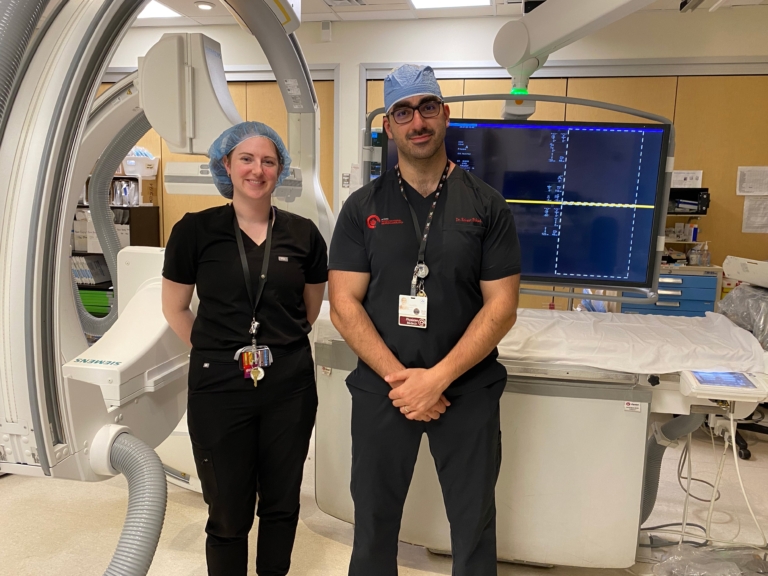
All about tinnitus
When you hear tinnitus — hear about it, not literally hear it— you might picture a ringing sound. That could be because it’s named for the Latin tinnire, or “to ring,” but also because a ringing sound is a common manifestation of it — but not the only one.
What is tinnitus?
Tinnitus is a sound heard internally with no external source. It’s not a disease in and of itself, but it can be the symptom of one. While a ringing sound is the best-known symptom, tinnitus can also sound like: hissing, roaring, whistling, sirens, static, pulsing, buzzing, clicking, dial tones, and even music, although that is exceptionally rare.
Tinnitus can be permanent or temporary, and 10% of tinnitus cases are considered severe and require treatment. Men are more affected by tinnitus than women, and more than 40% of Canadians will experience tinnitus at some point.
What causes tinnitus?
Tinnitus is most often caused by exposure to loud noise — whether through the workplace, an accident, or listening to loud music. When this happens, it damages the hair cells in the ear that transform sound waves into signals to the brain. Tinnitus can also be caused by age-related hearing loss, ear infections or blockages, psychological or physical stress and trauma, noise exposure, head or neck injury, certain diseases such as Meniere’s disease, or other health conditions like high blood pressure or temporomandibular joint (TMJ) disorder.
What is pulsatile tinnitus?
A rare type called pulsatile tinnitus is specifically caused by vascular issues — when blockages or abnormalities in the blood vessels near the ears cause a change in the blood flow that the person can hear. This type results in a whooshing sound in the ear.
Whereas most other types of tinnitus are treated by an ear, nose, and throat doctor (ENT), pulsatile tinnitus is treated by vascular specialists. Traditionally, they might place a stent int the affected artery and place the patient on blood thinners, but The Ottawa Hospital just conducted the first-ever treatment using an endovascular procedure — a minimally invasive technique in which a tiny, flexible tube is fed through the artery to reach the problematic spot — to clear the blockage.
Learn more about how Chris Scharff’s pulsatile tinnitus was cured in a world-first treatment at The Ottawa Hospital.
What is the most common type of tinnitus?
There are two main types of tinnitus: objective and subjective. Over 95% of tinnitus cases are subjective, meaning there’s no sign of where the sound is coming from. A much smaller number of cases are objective, meaning they can be perceived during an exam. The pulsatile tinnitus mentioned above can be either subjective or objective.
How is tinnitus treated?
Treatment for more common types of tinnitus depends on the cause and severity. Usually, the first step is testing to determine what caused it and how severe it is. Tinnitus often goes away on its own, or the person experiencing it might become more accustomed to it.
For cases where tinnitus doesn’t go away, there’s no cure, but there are ways to manage it. White noise machines or sound therapy, cognitive behavioural therapy (CBT), and anti-anxiety medications can help manage the symptoms and side effects of tinnitus. Managing stress, avoiding loud noises, and ensuring you get good sleep can also help reduce the effects.

The Ottawa Hospital offers a Tinnitus and Decreased Sound Tolerance (DST) Management Clinic, opened in 1989, on Level 2, Module O, Room O-15 of our General Campus at 501 Smyth Road. You can reach them by phone at 613-737-8899 ext. 78254. Referrals are accepted from ENT, neuro, and physiatry.
We also offer the Ottawa Pulsatile Tinnitus Clinic, specifically looking at pulsatile tinnitus, one of the first clinics of its kind in the world. Referrals to the Pulsatile Clinic can be faxed to 613-761-5360, Dr. Robert Fahed, Ottawa Pulsatile Tinnitus Clinic. Referrals should be made by a physician.




